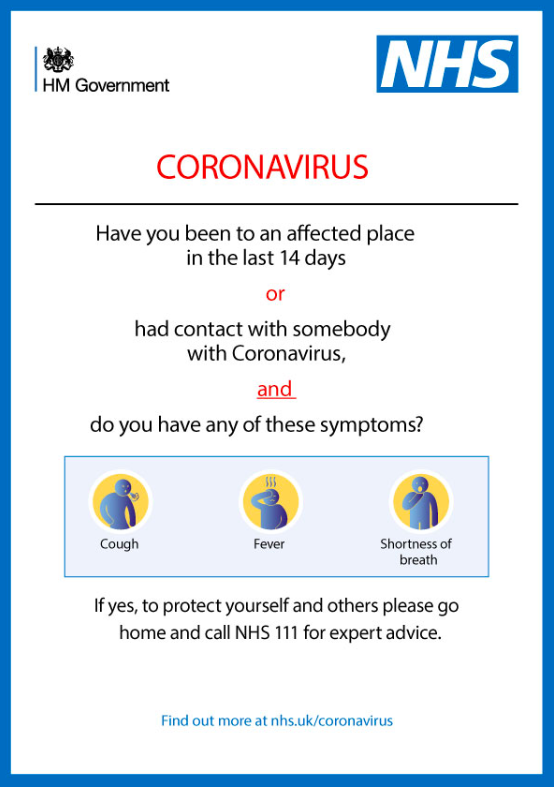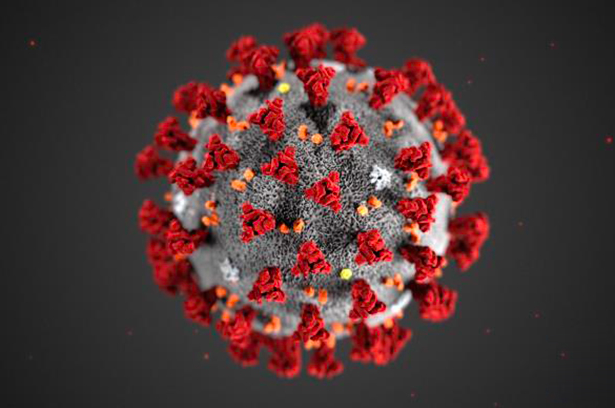The Coronavirus has taken utmost importance recently. It is spreading globally, affecting many people of different ages, halting day-to-day activities and causing the cancellation of events. Hand sanitisers are sold out, along with people fighting for toilet paper in supermarkets to ready themselves for self-quarantine. People are protecting themselves by irregular methods such as wearing clear boxes over their heads on the tube. Amongst this chaos and panic, how is clear communication being maintained to help those who are not English speakers? Or to spread important information globally? This is where interpreters and translators hold a lot of power in their hands to educate one another.
The Coronavirus is a global pandemic which has increased the number of visits to hospitals and GPs. This surge in visitation highlights demand for medical interpreters to be available for Limited English Proficient (LEP) patients to ensure the virus is dealt with clear communication. The use of interpreting services is necessary to guarantee a proper diagnosis and aid in avoiding the spread of Coronavirus by taking precautions.

How Interpreters and translators can help during the Coronavirus:
All around the world, countries are diverse and speak more than one language. Medical translation is needed to translate documents efficiently to help spread relevant information. The virus spreads through close proximity. This means professional medical interpreters are needed on a local level or virtually available to help instantly and reduce the risk of spreading even more. The longer it takes for health care professionals to communicate information to others to understand the causes, risks and other facts allows the virus to spread quicker. It can be contained if communication is available straight away. Translators and interpreters should not be underestimated as panic can be erased with their help. Along with allowing people to function regularly In their daily lives without much disruption.
Language Direct is working with medical institutes to help cater to the need of medical interpreters to deal with the Coronavirus. Telephone interpreting and video interpreting will decrease the risk of spreading the virus while still helping others. It is imperative to take preventive measures and help protect people. Technology can assist in reducing the spread through remote interpreting services.
